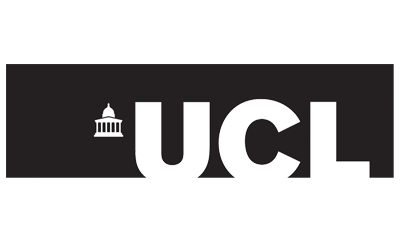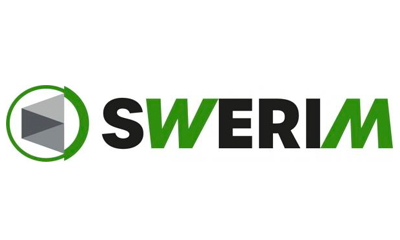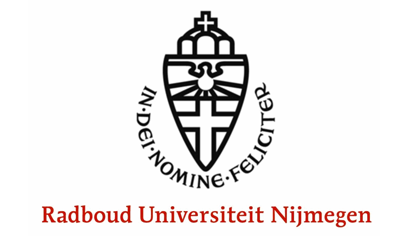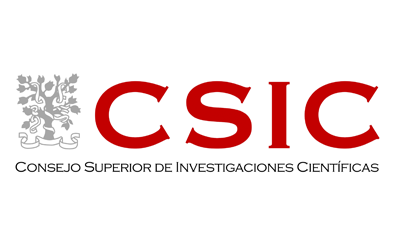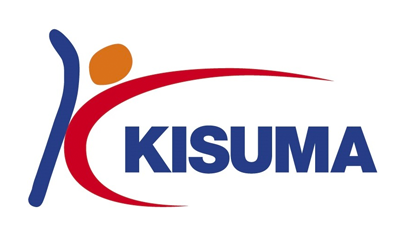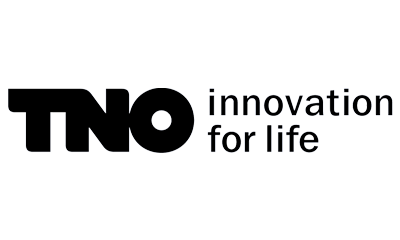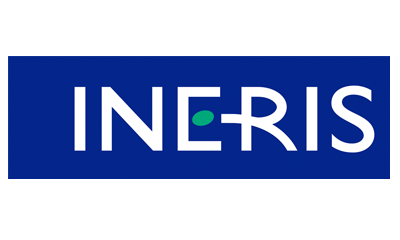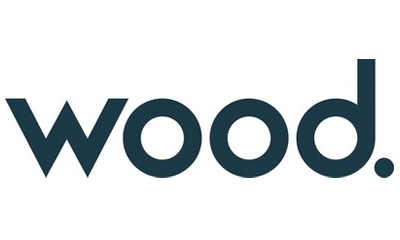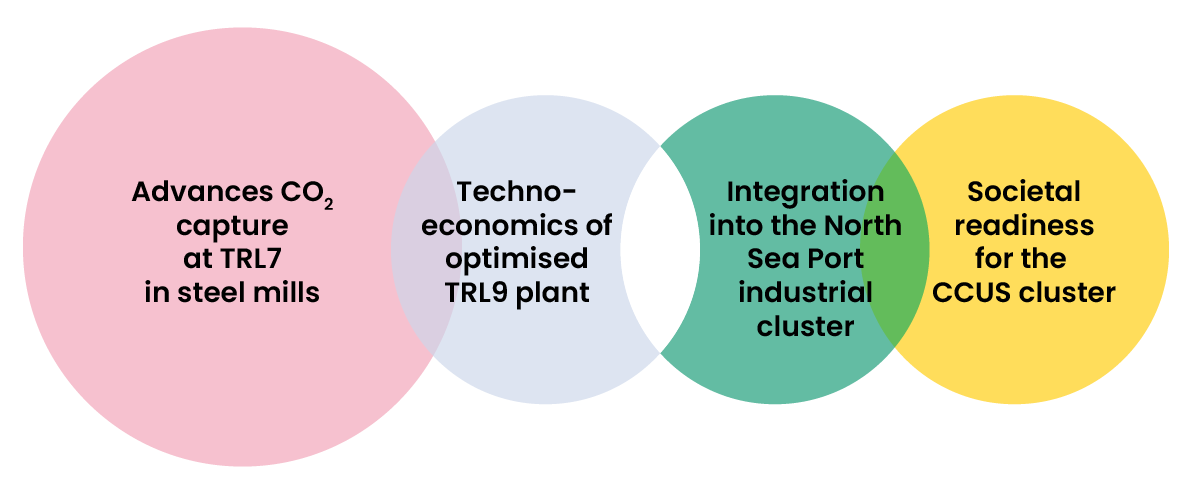
A holistic interdisciplinary approach to the integration of CO2 capture in the iron and steel industry as part of the CCUS chain
Funded by the European Union H2020 programme, the C4U project spans demonstration of two highly efficient solid based CO2 capture technologies for optimal integration into an iron and steel plant and detailed consideration of the safety, environmental, societal, policy and business aspects for successful incorporation into the North Sea Port CCUS industrial cluster in Belgium and the Netherlands.

Technology Readiness
C4U elevates two CO2 capture technologies from TRL5 to TRL7 for decarbonising blast furnace gas and other carbon containing gases (WP1 & WP2). In combination, these two technologies will target up to 90% of the total emissions from the steel plant. In addition, C4U analyses the optimal design for full-scale integration of such technologies in industrial plants operated by the world’s largest iron and steel manufacturer, ArcelorMittal (WP3).
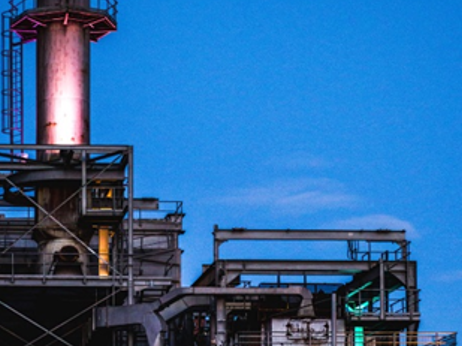
Transportation, Storage and Utilization opportunities

Business Models
Given that the greatest barriers to the development of CCUS in Europe are commercial, rather than technological issues, we develop novel business models to ease deployment (WP6). They aim to establish the long-term business case by considering the concerns of various stakeholders and identifying optimal scenarios to overcome financial risks.



